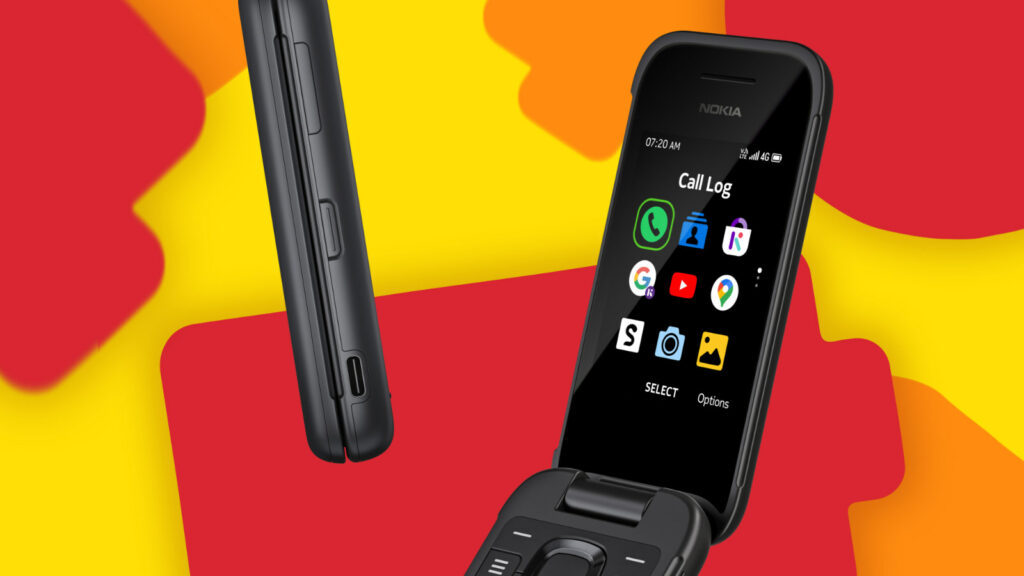A seven-year-old needs to figure this out: what would the Ford Escort Popular Plus be priced at if were assembled in Aotearoa? Amanda and I were chatting about prodigies. Some young people are amazing, doing uni classes at intermediate or high-school age, or playing piano like Mozart, and while not all of us have […]
Read More… from You never know where your interests will take you
